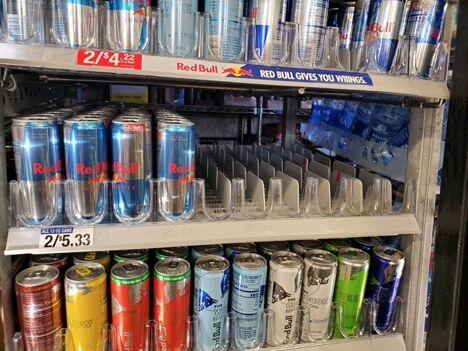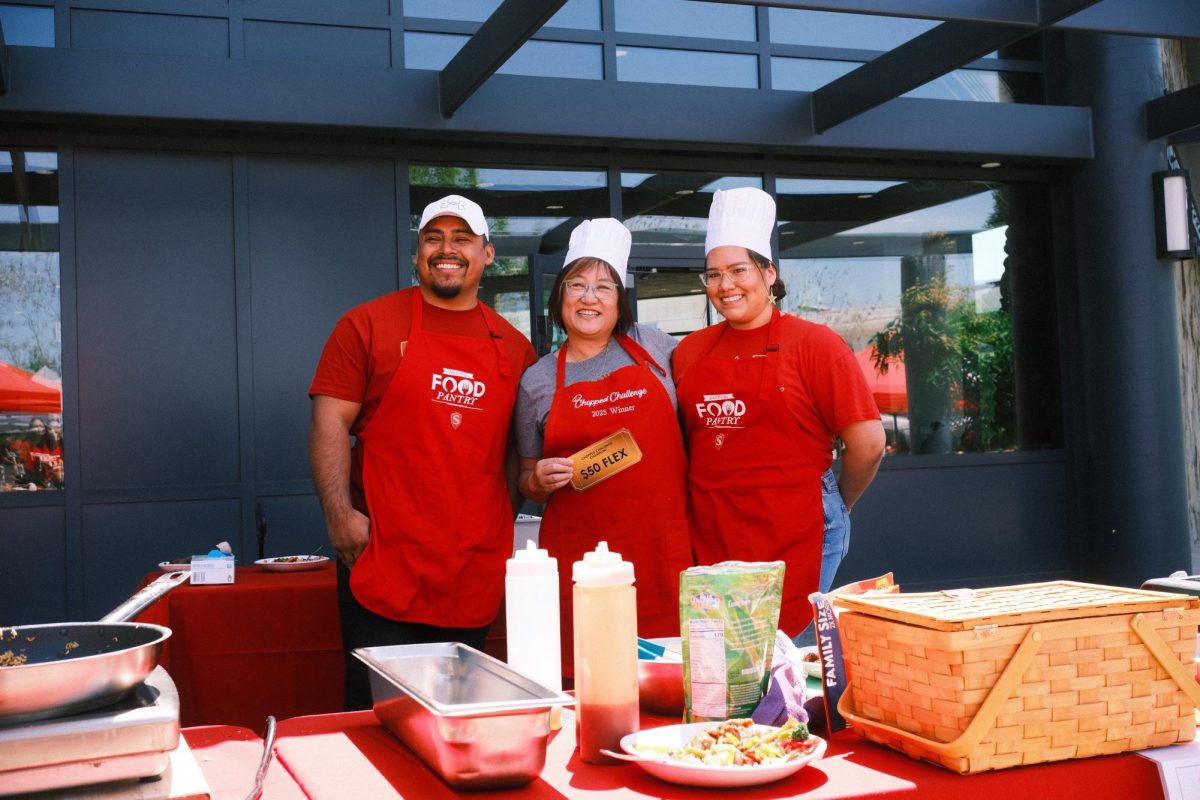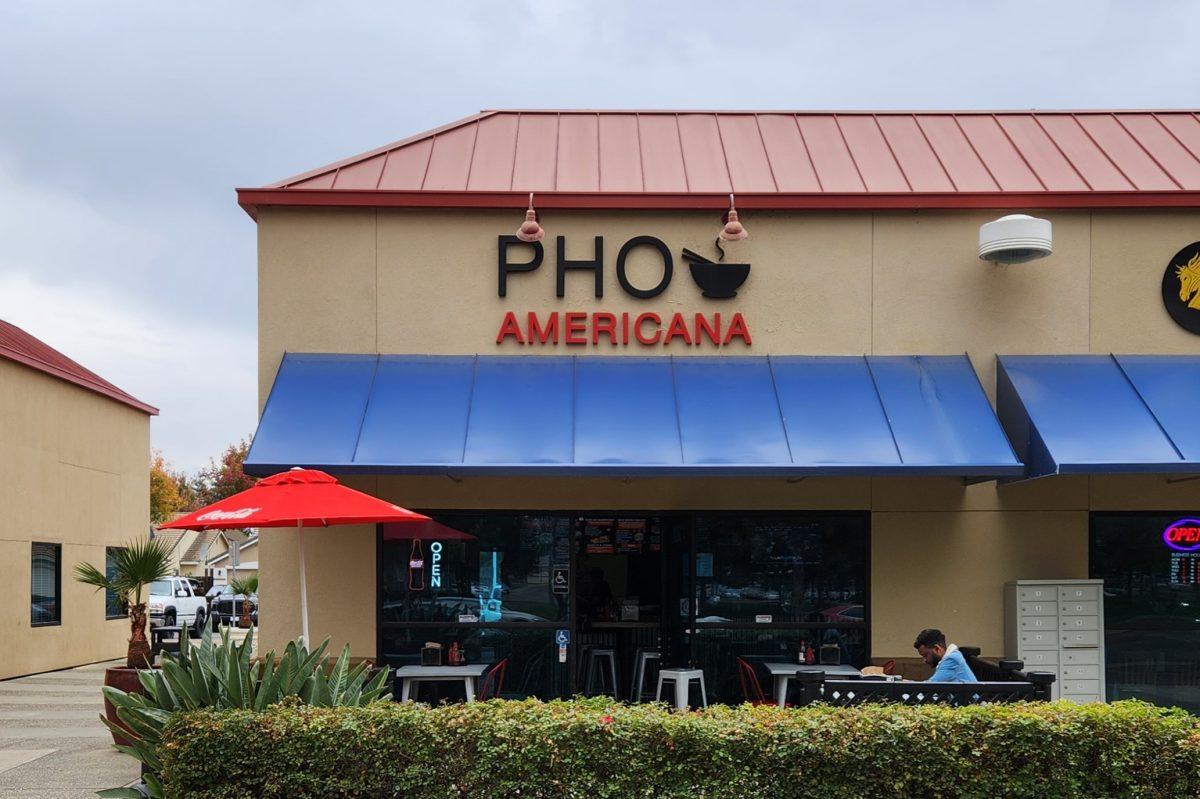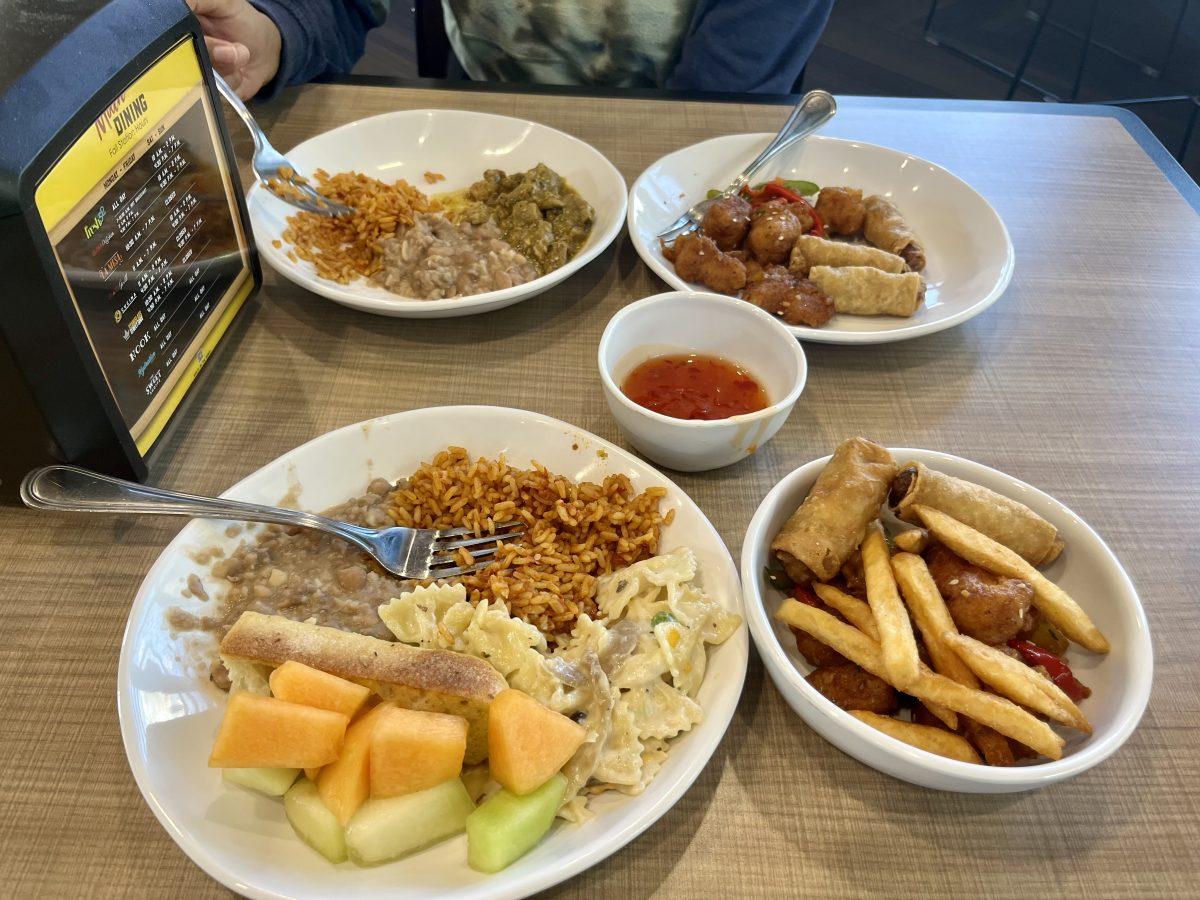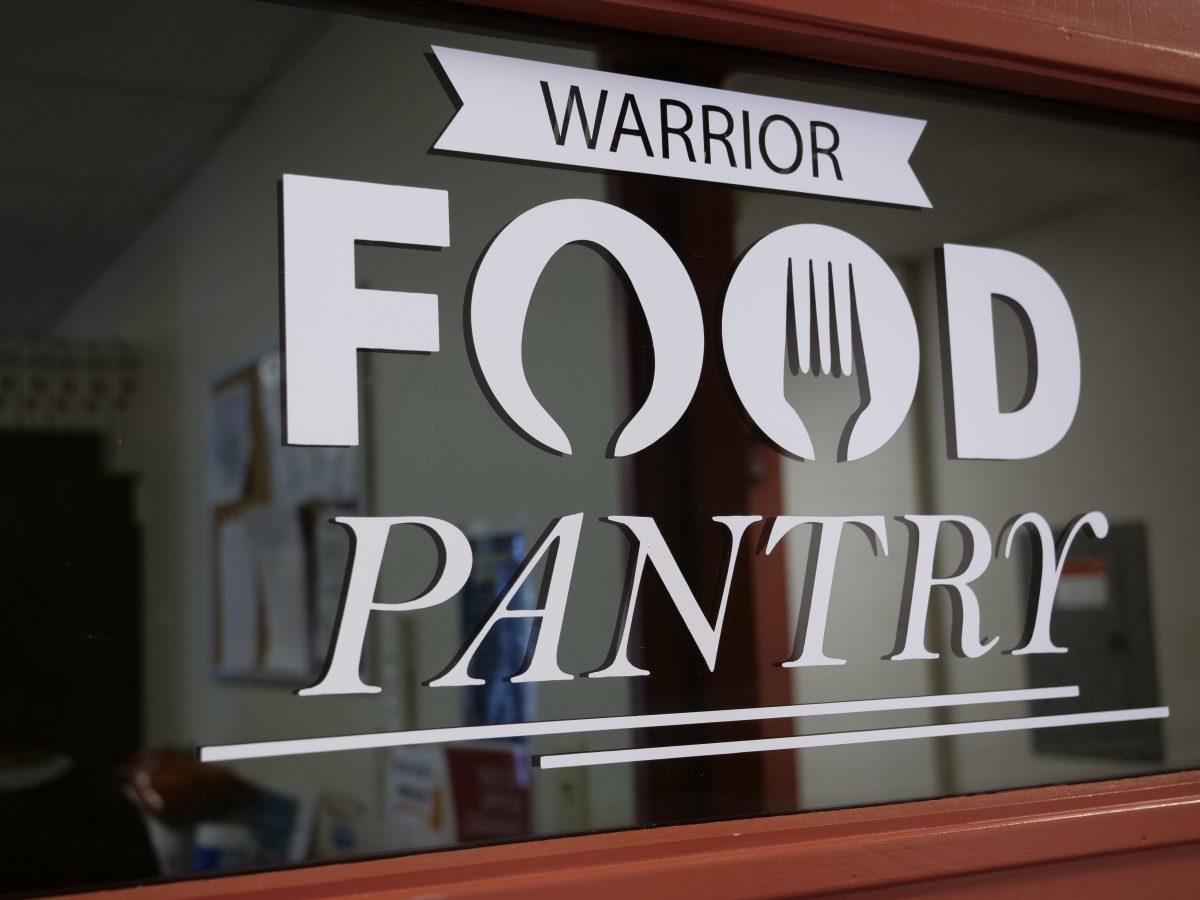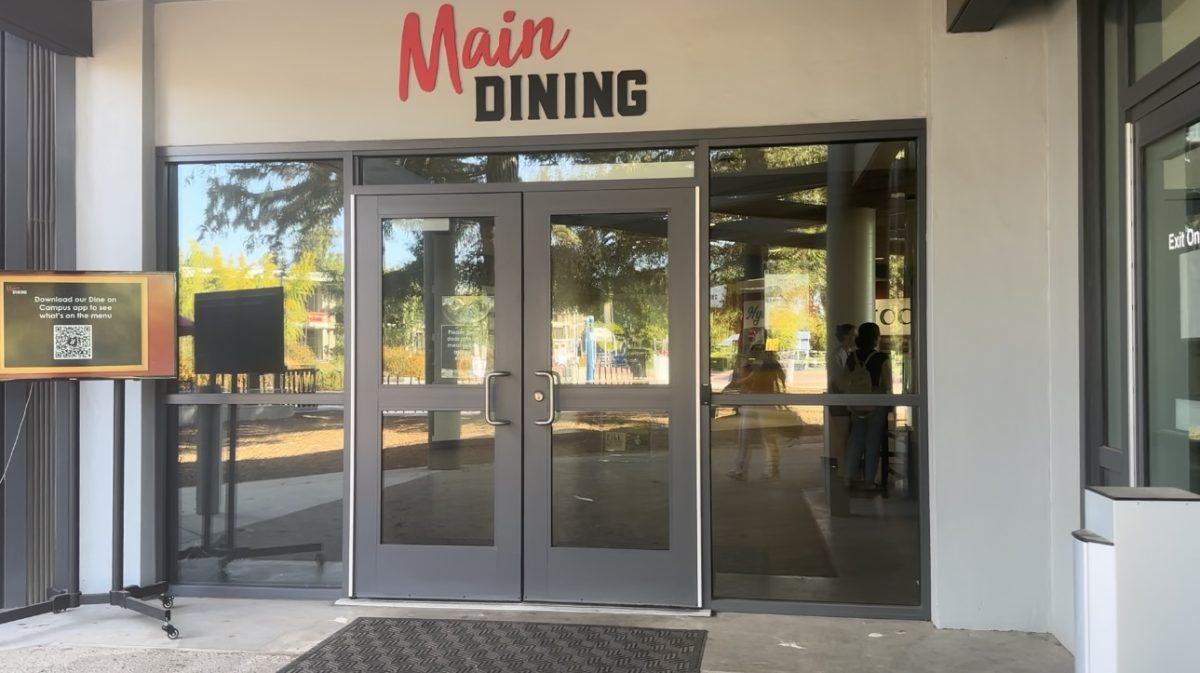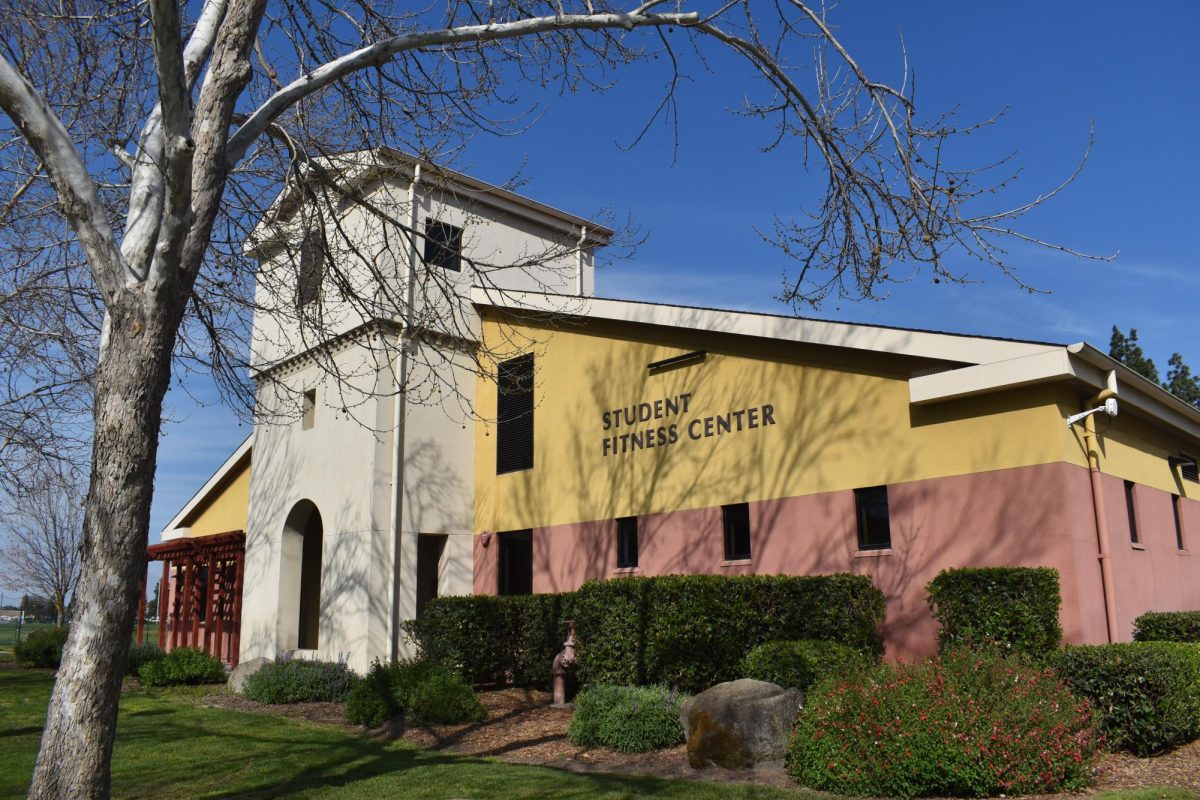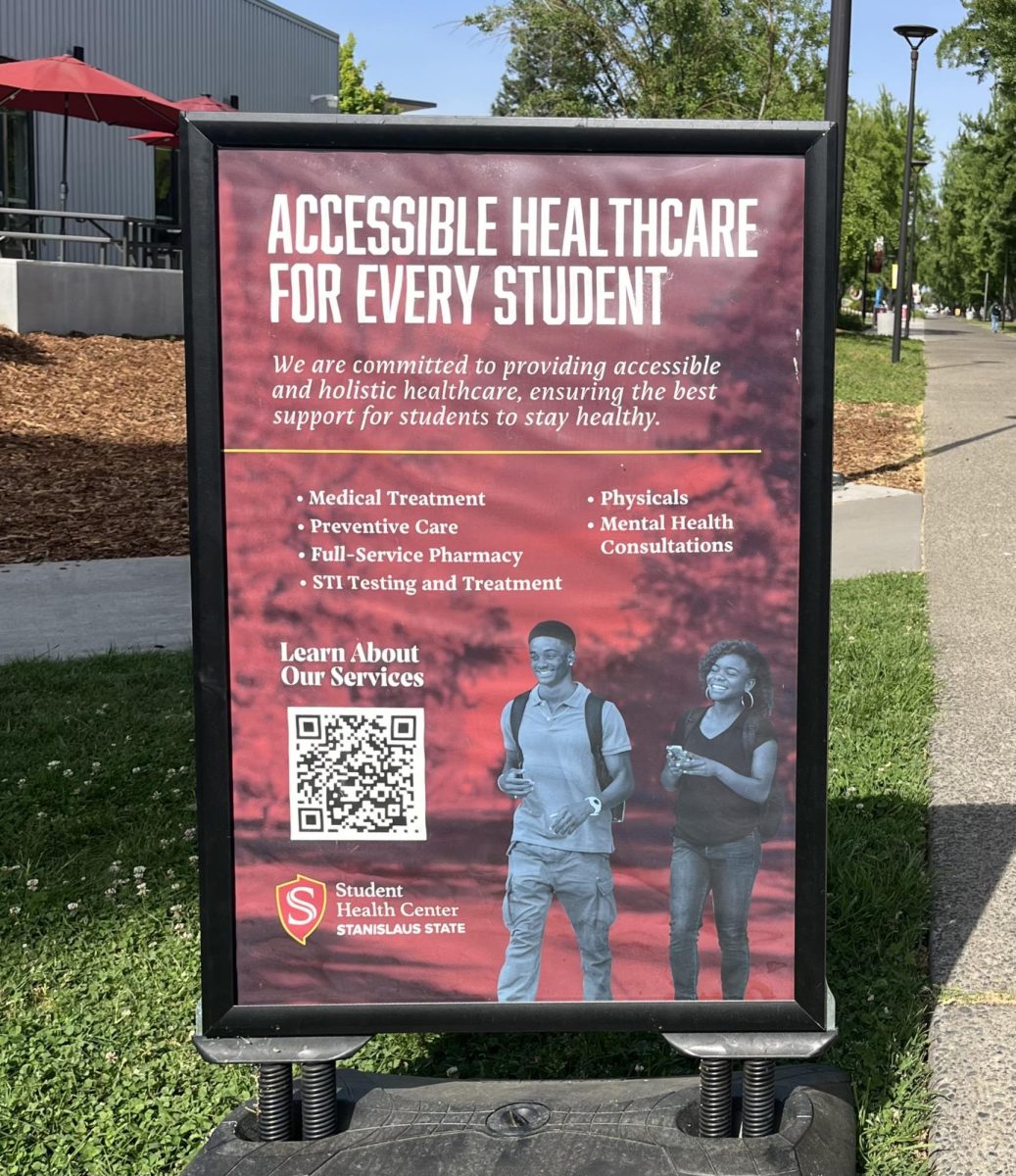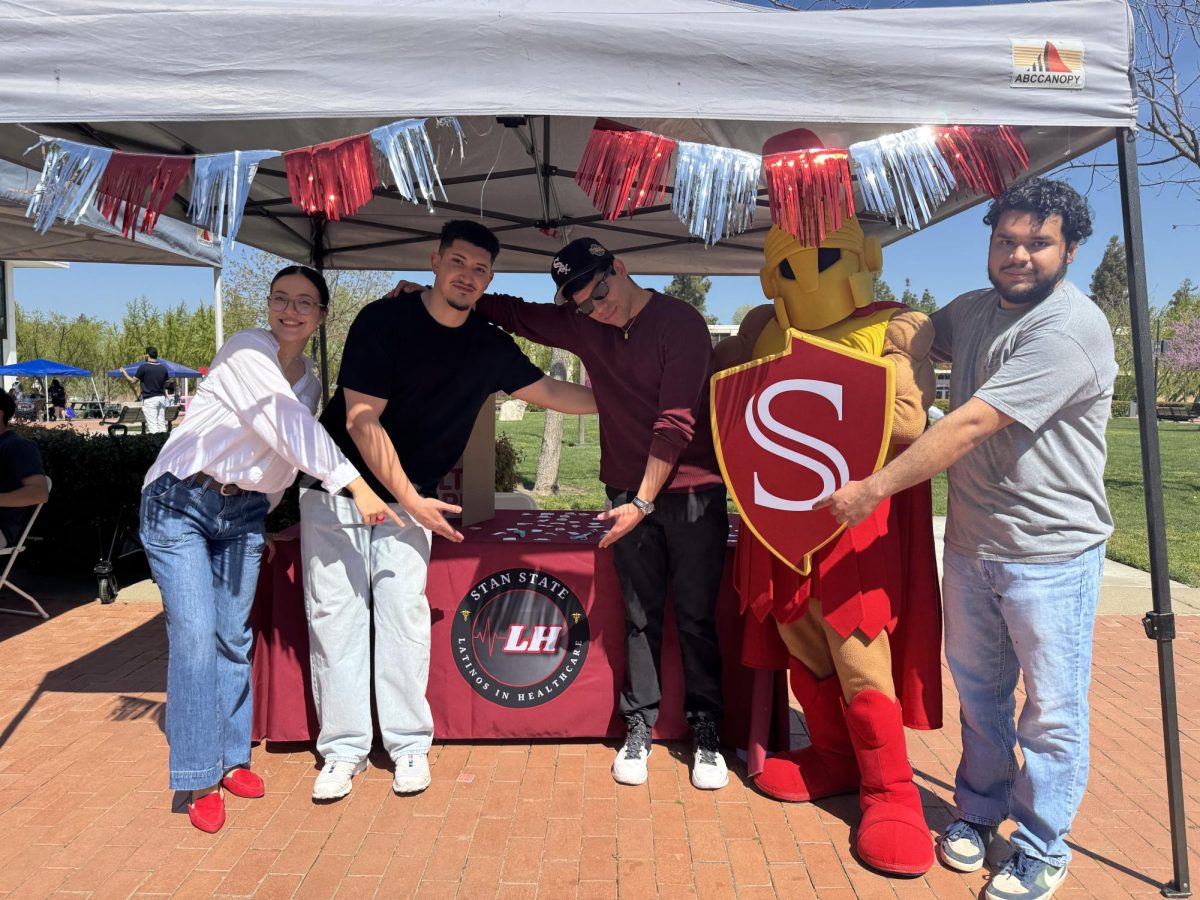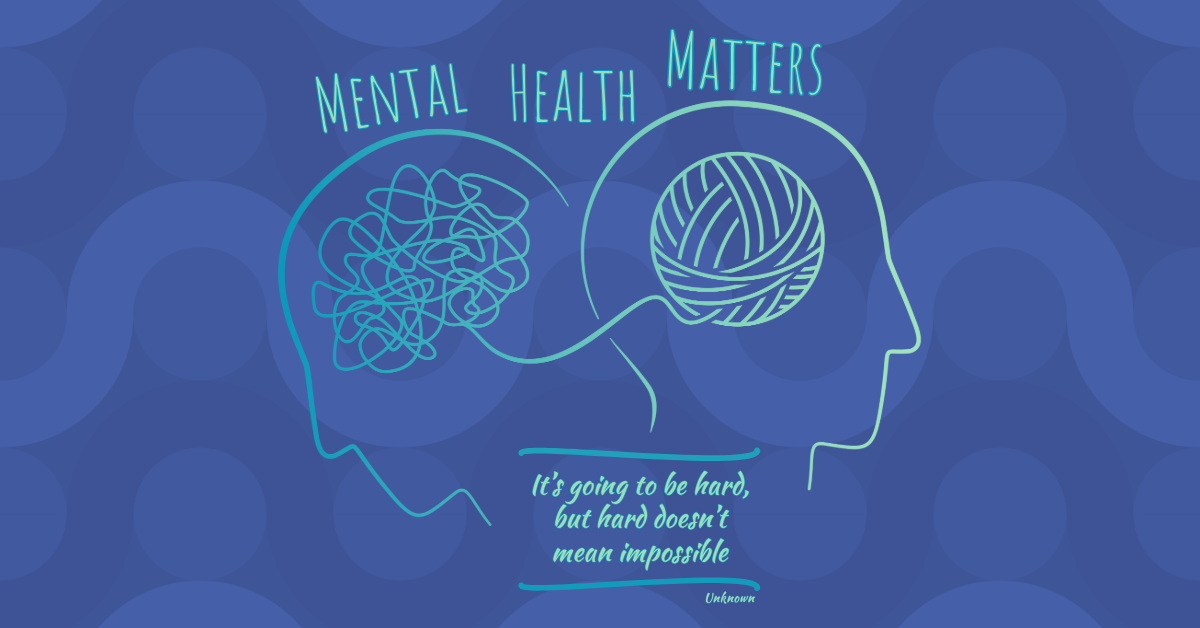The restrictions put in place due to the coronavirus pandemic has limited social gatherings, and bars and restaurants are no longer a place to enjoy an alcoholic beverage or a soda among good company, leaving many people to purchase their preferred drinks prepackaged from grocery store shelves. Due to so many people stocking up their homes with pre-canned beverages, the country is experiencing an aluminum can shortage.
Soda and companies and breweries are finding it difficult to keep up with the demand for canned beverages. Companies, like Chesterman who are based in Sioux City, Iowa, help produce Coca-Cola products and are having problems getting enough aluminum cans from their suppliers. These companies are now having to pick and choose certain flavors of soda to produce that would give them the most profit, according to Carter Schmidt of Keloland Media.
Dr. Pepper and other popular flavors are limited due to shortage of artificial flavored ingredients that soda companies like Coca-Cola rely on in producing their flavored drinks. The limiting of certain flavors of soda may cause people to stock up when they see a desired product on grocery store shelves, which is making it hard on some students working from home to enjoy a drink they would have otherwise had poured for them from a tap at a restaurant or bar.
Stan State alumna Maria Gutierrez expressed her concerns with the limited availability of canned diet sodas. Gutierrez is someone who has to limit the amount of sugar she consumes for health reasons and can only drink diet soda. Due to the shortage, Gutierrez also stocks up on diet sodas of her preferred flavors whenever she can. “I have to buy it when I see it,” she says.
Gutierrez also explains that she prefers to drink their beverage in an aluminum can that could be recycled rather than in plastic so as not to contribute to the plastic pollution
Breweries are also having a hard time transitioning from packaging beer in kegs to packaging beer in individual cans. In an article by Thor Christensen and the American Heart Association, it was found that, since the pandemic began, 16 percent of adults found themselves drinking more alcoholic beverages.
CJ Allen, sophomore student at Stan State, added that, depending on the drink, cans are better at keeping your drink cold.
Like Gutierrez, Allen is finding it harder to find canned drinks in certain sizes, for example Red Bull. Although there is still a wide range of flavors on the shelves, he struggles to find twelve-ounce cans. He noticed “the cans diminishing off store shelves” about two months ago and has had problems finding his preferred size since.
Local Walmart employee Breeze Chairez is someone who is experiencing this aluminum can shortage problem firsthand at work and has found that trying to keep the beverage aisles stocked is getting harder and harder as the demand increases. She says that she finds customers coming up to her asking for certain flavors and drink sizes, and all she can respond with is that they are out of stock at the moment.
Chairez also mentioned that the company she works for is not in control of the can shortage at the store and that the store is only given a limited supply of random things that is chosen from their suppliers.
All in all, it’s important to note that the pandemic has created shortages in the country for, not only toilet paper and sanitary products, but for things like canned beverages, as well.

